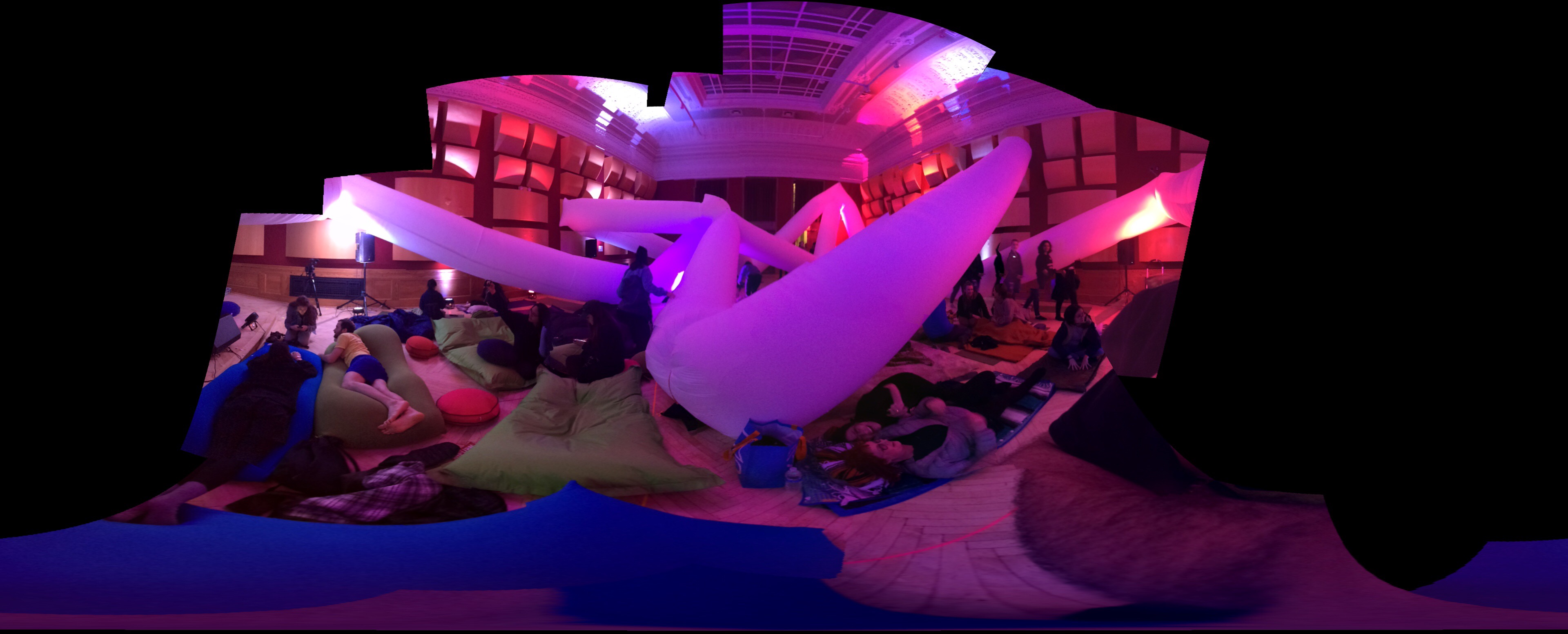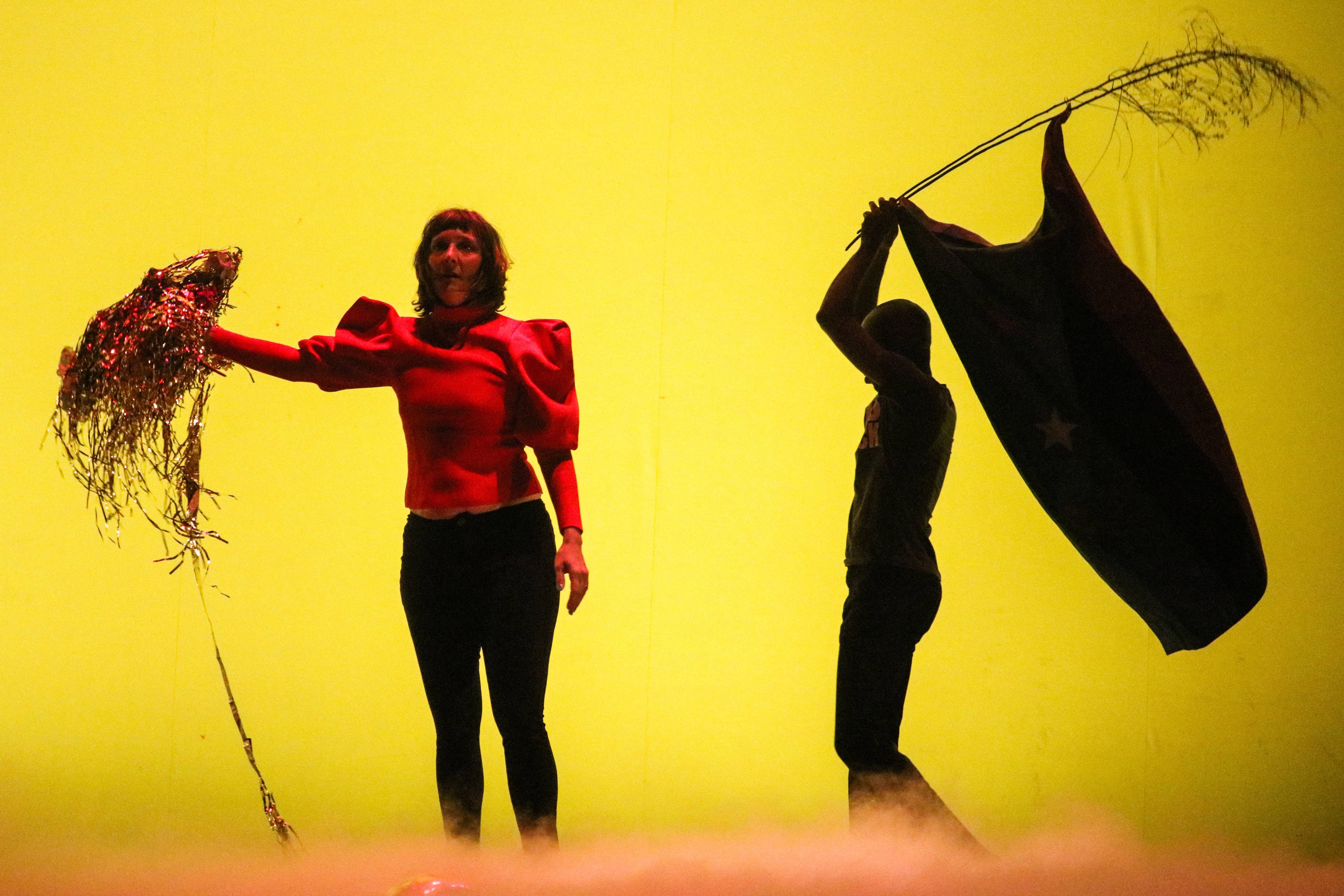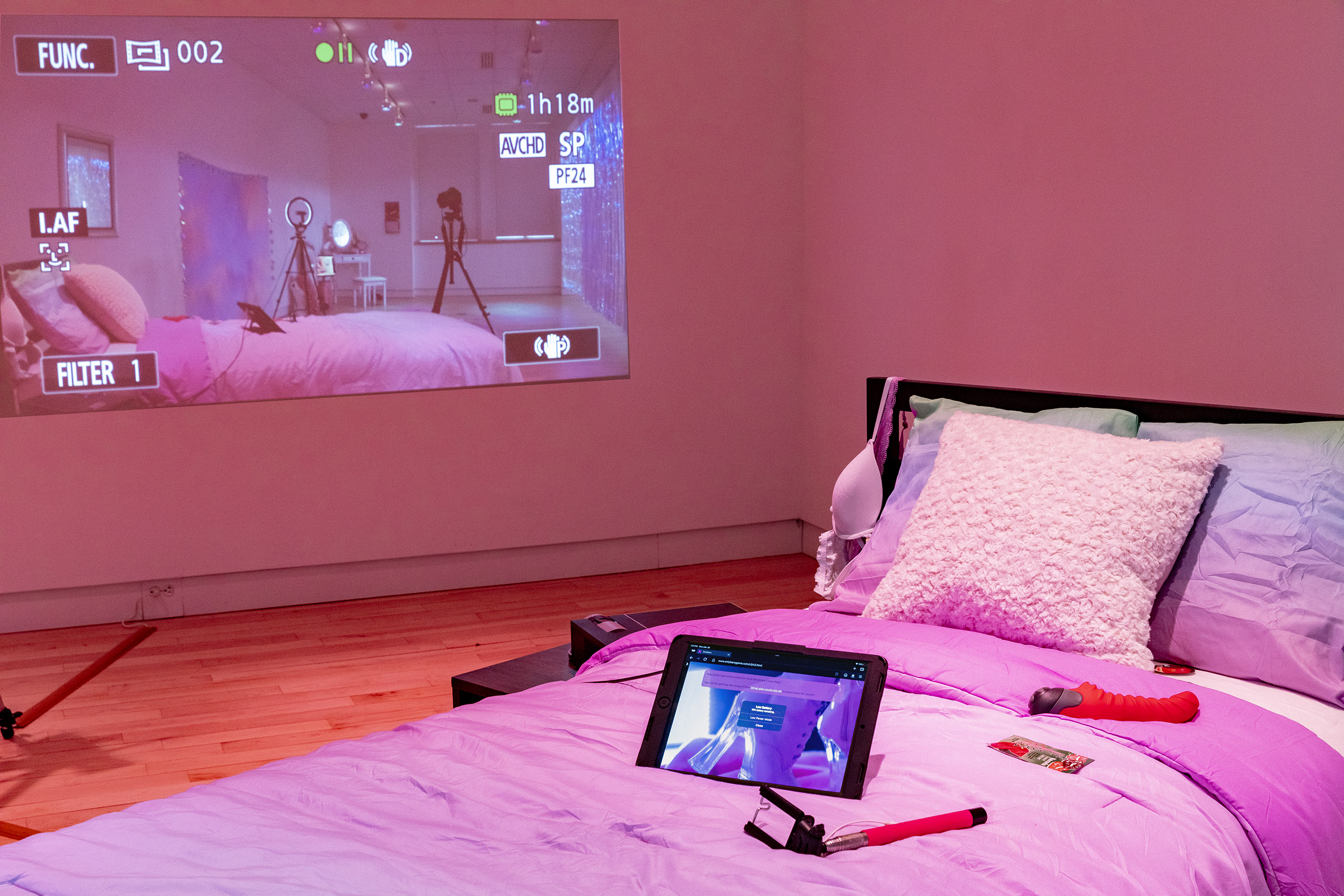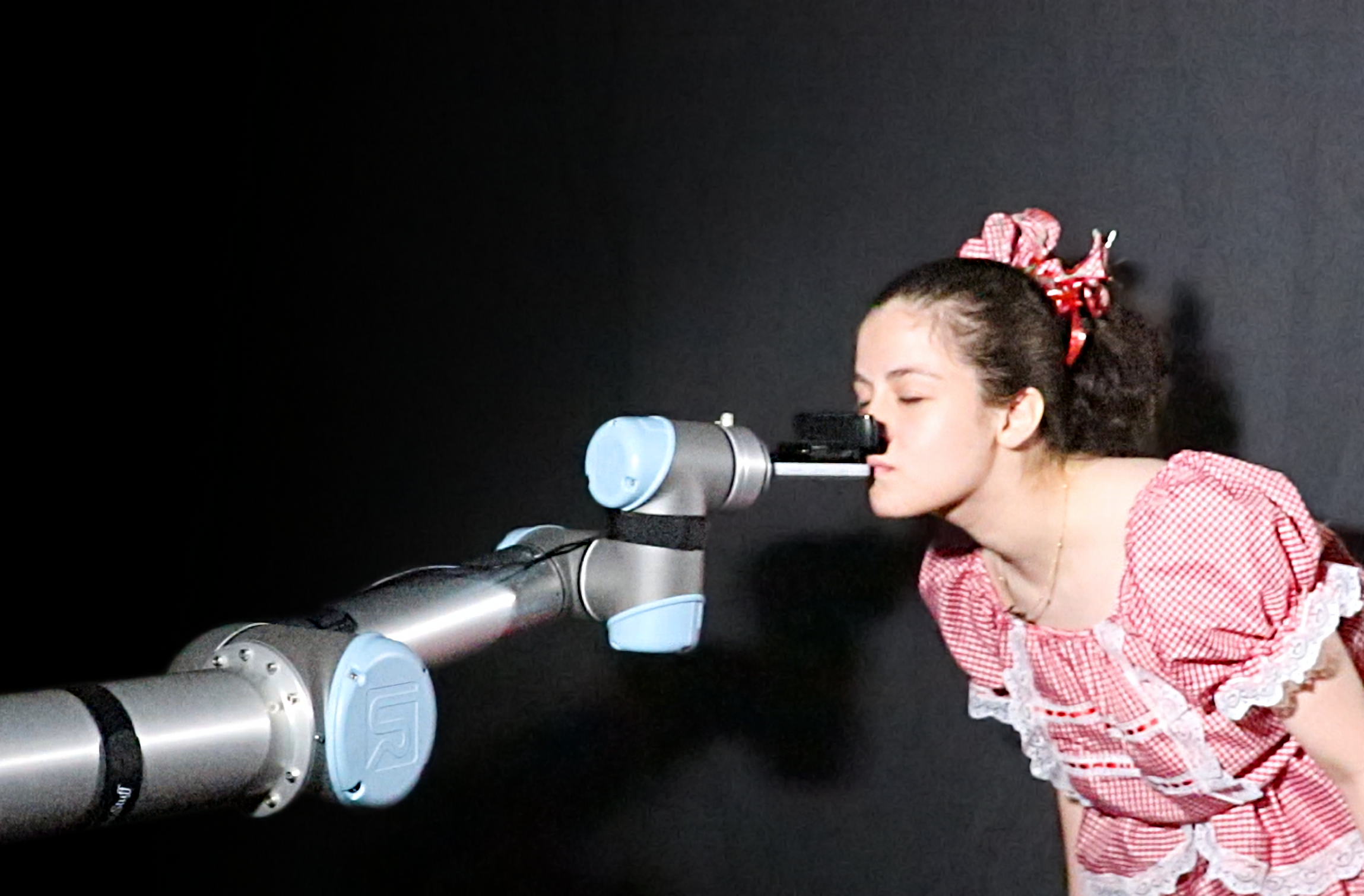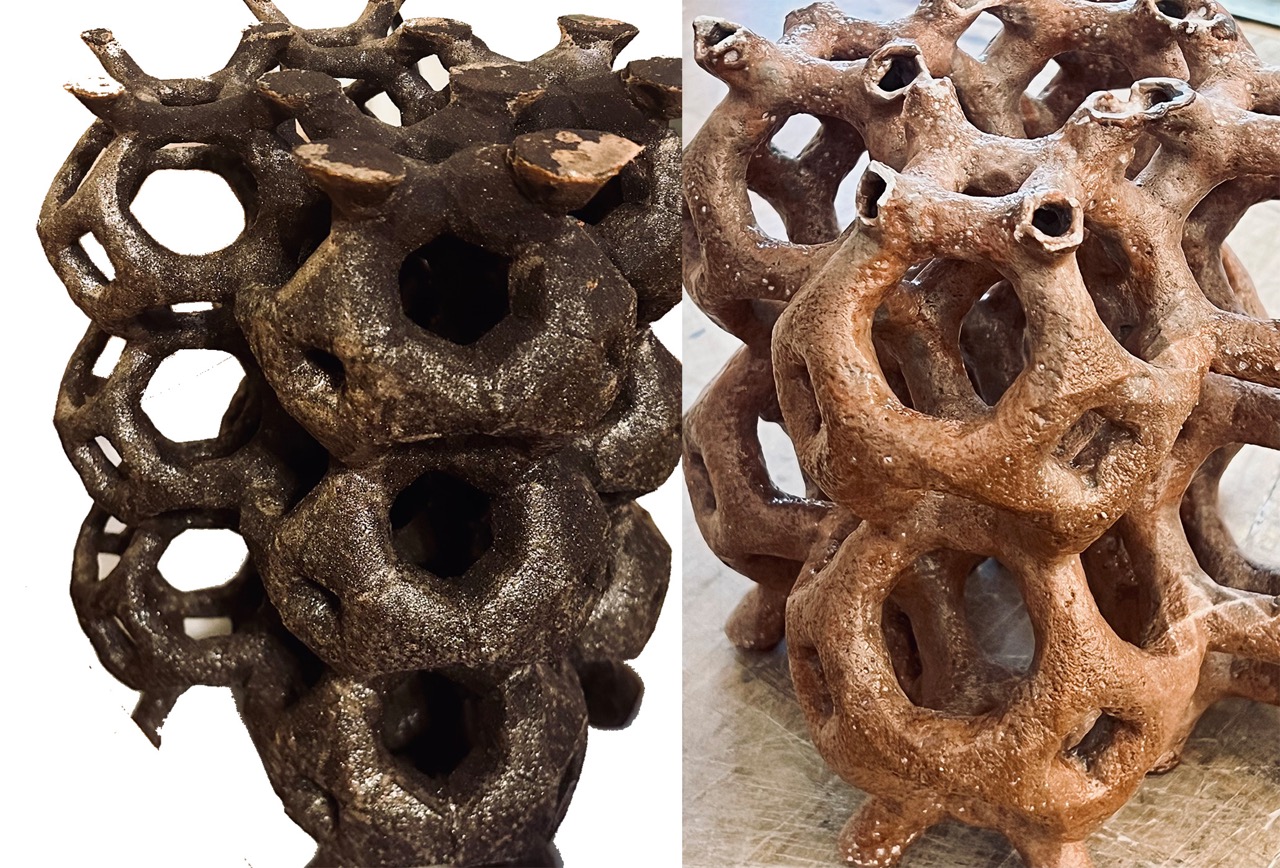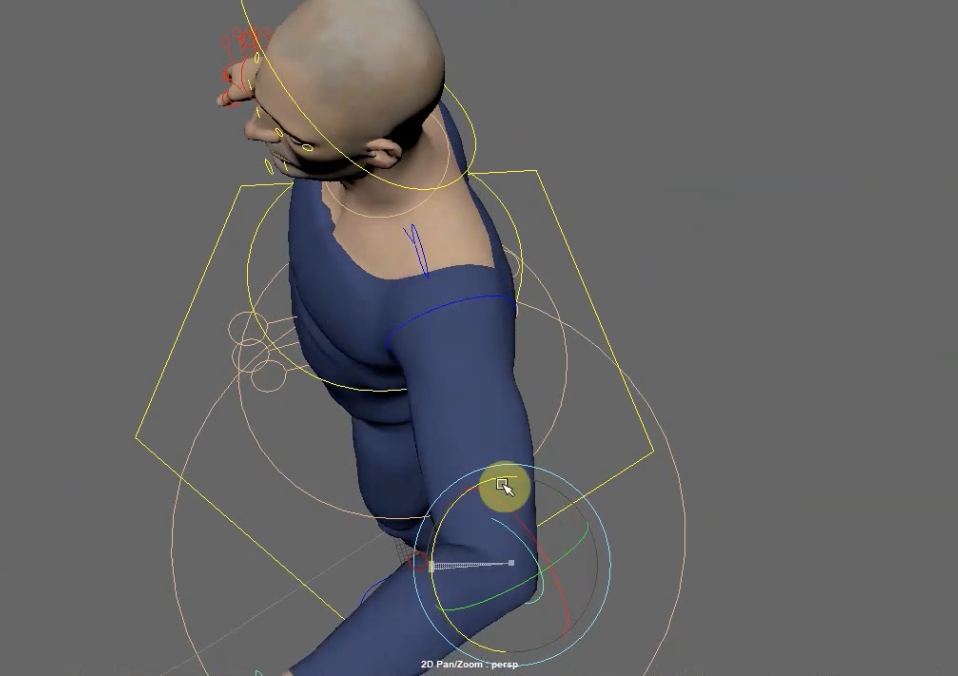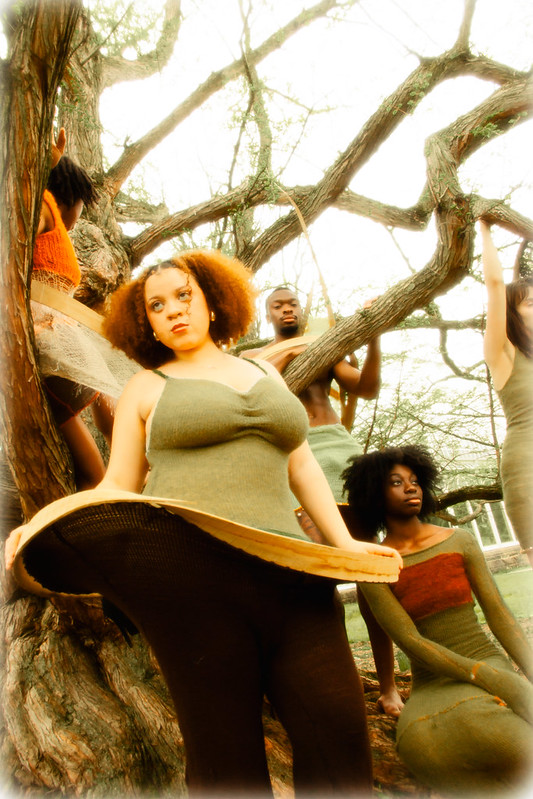History
The STUDIO is one of the oldest active centers for interdisciplinary arts research in the United States. At its founding in 1989, the STUDIO was envisaged as “a transmitter of experimental ideas”, “an incubator for linking us to the future”, and “as a development site for activities on the edge — a cultural ‘free zone’ where the unnameable can be nurtured.” Sited in Carnegie Mellon’s former Fine Arts Library, a series of physical renovations since 2009 have transformed its 1800 square-foot, Beaux-Arts space into a flexible and adaptable facility for collaborative work and public events.
As a center for the comprehensive support and administration of arts research, the STUDIO has become a key structural advantage of the CMU College of Fine Arts, with few peers nationally or internationally. Since its inception, the STUDIO has raised several millions of dollars in support of hundreds of artists engaged in hybrid research projects. In its first decade, the STUDIO focused on artist-led projects that intersected with biology, robotics, and especially, ecology — culminating, for example, in the Nine Mile Run Greenway Project(1999), an arts initiative that catalyzed the largest urban watershed restoration ever undertaken in the United States. More recently, artist-led projects supported by the STUDIO have included Conflict Kitchen, a restaurant that serves cuisine from countries with which the United States is in conflict; the Center for PostNatural History, the world’s only museum of genetically-engineered life forms; the Moon Arts Project, a partnership with the CMU Robotics Institute to develop artworks for its 2020 lunar rover mission; and Deep Lab, a cyberfeminist congress organized to examine how the themes of privacy, security, surveillance, anonymity, and large-scale data aggregation have been problematized in the arts, culture and society.
Projects developed at the STUDIO have been featured internationally at venues including the Centre Pompidou, the Design Museum London, Ars Electronica, Toronto International Film Festival, and the Pittsburgh Biennial. Over the past decade, the STUDIO’s activities have expanded significantly, extending outward from faculty research administration to additionally include intensive new programs for project funding and for public events. In 2009, with initial support from Microsoft Research, the STUDIO initiated its ART && CODE conference series, a series of influential symposia devoted to democratizing the cultural and aesthetic potentials of emerging software technologies. In 2012, the STUDIO became the steward of the Frank-Ratchye Fund for Arts @ the Frontier(FRFAF) which was renamed the Frank-Ratchye Further Fund (FRFF) in 2021, an endowment to encourage the creation of innovative artworks by the students, faculty and staff of Carnegie Mellon University. The FRFF offers flexible funding for creative research projects from any CMU affiliate. As of August 2024, the FRFF has supported 592 grants totaling $684,300. In late 2017, the STUDIO was granted a four-year term to oversee the Sylvia and David Steiner Speaker Series in Creative Inquiry; in the first year of this program, the STUDIO hosted 19 public lectures and more than 20 other public engagement events, such as charrettes, performances and workshops. The Steiner Speaker Series has since become an integral part of the University experience.
